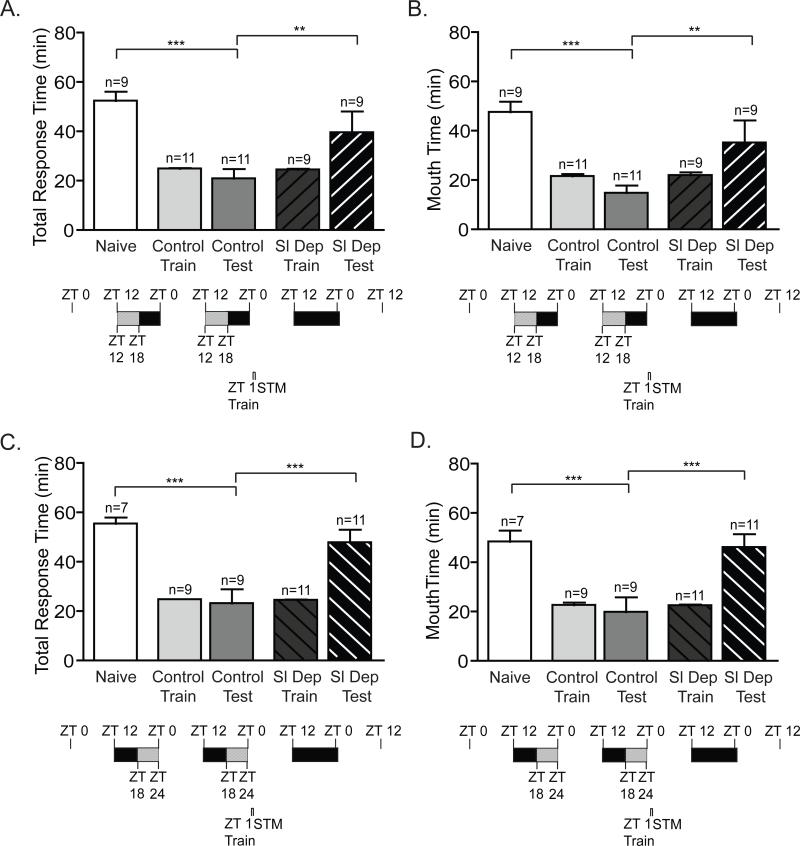Figure 2. Two nights of sleep deprivation blocks short-term memory.
To assess the effect of two nights of sleep deprivation on STM, animals were sleep deprived for the first 6 hours of the night (ZT 12-ZT 18) or during last 6 hours of the night (ZT 18-24), trained at ZT 1 and tested for STM 30 min after training. No differences existed in training duration between groups (Control Train compared to Sl Dep Train). (A) Animals sleep deprived (Sl Dep Test) during the first 6 hours of the night did not exhibit STM with significantly longer total response time compared to trained non-sleep deprived animals (Control Test) (one-way ANOVA F(4,44) = 9.372, P < 0.0001). Asterisks represent Bonferroni's post-hoc analyses ***P < 0.001 and **P<0.01. (B) Sleep deprived trained animals retained the seaweed in the mouth with times similar to naïve animals and significantly greater times than non-sleep deprived trained animals (one-way ANOVA F(4,44) = 8.648, P < 0.0001). C) Animals sleep deprived during the last 6 hours of the night had impaired STM with significantly longer total response time compared to trained non-sleep deprived animals (one-way ANOVA F(4,42) = 14.98, P < 0.0001). Asterisks represent Bonferroni's post-hoc analyses ***P < 0.001. D) Sleep deprived trained animals retained the seaweed in the mouth significantly longer than non-sleep deprived trained animals (one-way ANOVA F(4,42) = 11.25, P < 0.0001). Asterisks denote significant differences with ***P < 0.001.

